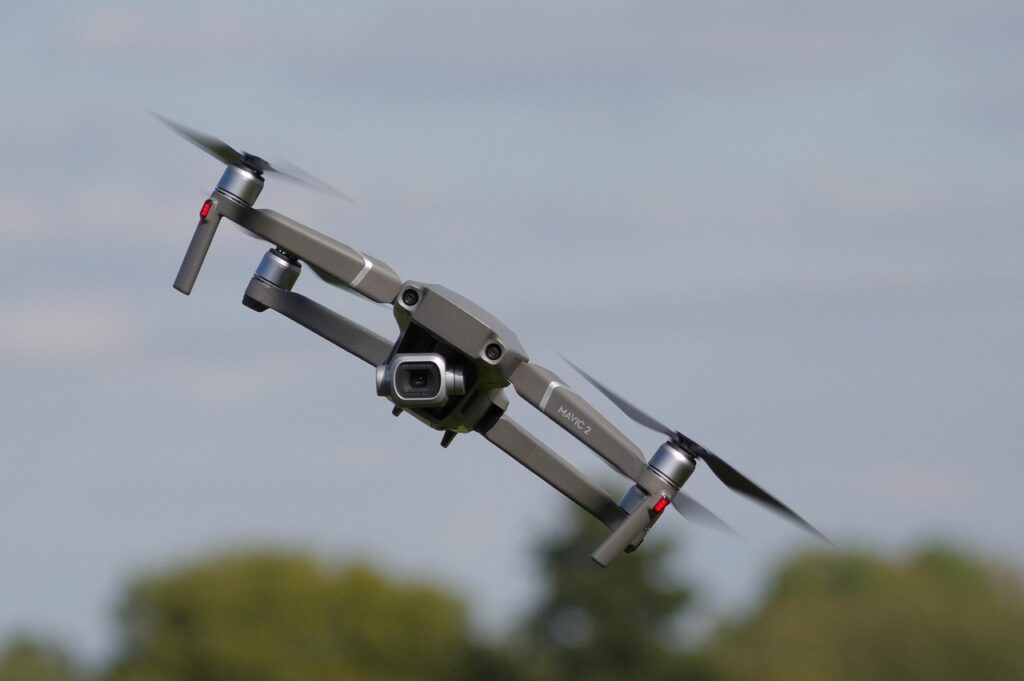- Politics
- Israel Iran Conflict
- By Manohar Patil
Escalation in the Middle East: Israel Strikes Iran's Internal Security Agency
The simmering tensions between Israel and Iran have erupted into an unprecedented direct military confrontation, with recent reports indicating a significant escalation. On Wednesday, June 18, 2025, Israel reportedly launched targeted strikes, including an alleged attack on Iran’s internal security headquarters in Tehran. This marks a dramatic shift in the long-running shadow war between the two regional adversaries.
Alleged Strike on Tehran's Security Hub
According to claims from Israeli sources, their military operations have specifically targeted and “destroyed” Iran’s internal security headquarters in Tehran. If confirmed, this strike would represent a profound escalation, hitting at the very core of Iran’s domestic security and intelligence infrastructure. Such an attack would aim to cripple Iranian command and control capabilities, potentially destabilizing the regime’s internal grip. While details regarding casualties and the extent of the damage remain contested, Iranian state media did report a cyberattack on its state television, which they attributed to Israel, and social media users noted brief broadcast interruptions displaying anti-government messages.
A Broader Aerial Campaign
The alleged strike on the security agency is part of a wider, intensified aerial campaign initiated by Israel. Over the past week, Israeli forces have reportedly struck numerous targets across Iran, including what they describe as nuclear and military sites. These operations are purportedly aimed at preventing Iran from developing nuclear weapons, a stated Israeli red line, and neutralizing key components of Iran’s conventional military capabilities. Targeted facilities are said to include centrifuge production sites and various weapons manufacturing infrastructure. In response, Iran has launched its own barrages of missiles and drones towards Israel, signaling a readiness to retaliate directly.
The Cyber Warfare Front
Adding a new dimension to the conflict, both nations appear to be deeply engaged in cyber warfare. Iran’s state television reported a significant cyberattack that disrupted its broadcasts, explicitly blaming Israel. Concurrently, pro-Israeli hacker groups have claimed responsibility for cyberattacks on Iranian financial institutions, including a prominent cryptocurrency exchange. These digital assaults underscore the multi-faceted nature of the current hostilities, extending beyond traditional kinetic strikes. Internally, Iran has also escalated its crackdown on alleged spies, with numerous arrests of individuals accused of collaborating with Israeli intelligence, highlighting domestic concerns amidst the external conflict.
International Reaction and Future Outlook
The dramatic escalation has sent ripples across the international community, prompting widespread calls for de-escalation and diplomatic intervention. The United Nations Security Council has reportedly scheduled emergency meetings to address the rapidly deteriorating situation. The United States, while reaffirming its strong support for Israel’s security, has also emphasized the importance of a diplomatic resolution to the conflict. However, with both Israel and Iran demonstrating a clear willingness to engage in direct military action, the path to a peaceful resolution remains highly uncertain. This period of open conflict represents a critical juncture in Middle East geopolitics, carrying significant implications for regional and global stability.
Share this Article
WhatsApp
LinkedIn
Telegram
Email
Get Daily Updates to Your Inbox
Subscribe to News Letter
Advertisement


